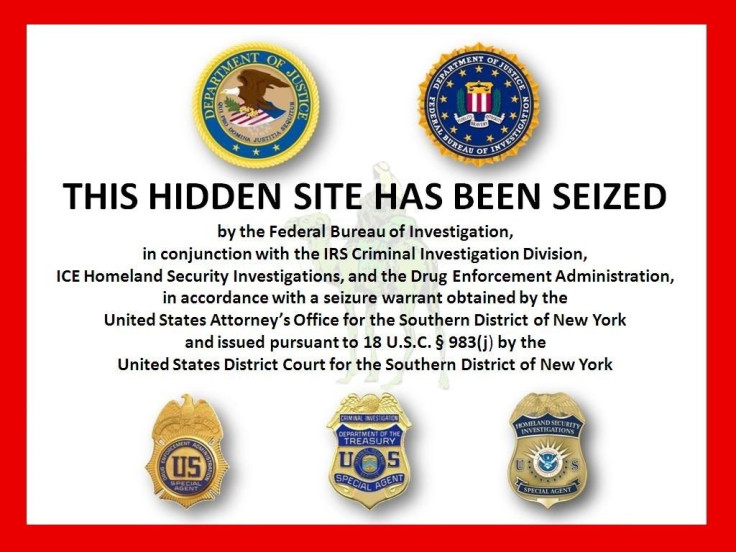Silk Road's Demise Spawns Agora, A Popular New Online Drug Marketplace

When the FBI took down the Silk Road online black market last year, investigators inadvertently stumbled into a high-stakes game of Whack-A-Mole. The demise of the notorious drug marketplace has created a vacuum for aspiring cybercriminals on a new site called "Agora" that has already surpassed Silk Road in terms of listings.
Agora launched in 2013 and is accessible only for visitors who cloak themselves by using the anonymous Tor browser. Its customers are able to buy or sell any number of illicit goods – drugs, weapons, or illegal services (although the site’s “market rules” do forbid poisons, child pornography, snuff images, “weapons of mass destruction” and “assassination or any other services which constitute doing harm to one another”) -- using the anonymous bitcoin currency.
There are already more than 16,100 listings on Agora, according to a new report from Digital Citizens Alliance, a U.S. crime research group. That popularity is enough to make Agora more popular than Silk Road 2.0, the black market that sprouted when the FBI infiltrated the original incarnation and arrested suspected founder Ross Ulbricht last October.
Statistics included in the Digital Citizens Alliance report make it clear that shutting down the Silk Road made room for other sites to exist throughout the Dark Net, that area of the Web only accessible with the Tor browser. Between January 29, 2014, and August 22, 2014, the number of drug listings throughout the dozens of Dark Net sites increased from 32,029 to 46,906. Over the same period, the number of total listings rose from 41,207 to 65,595.
That demand is reflected in a global drug survey that examined activity over November and December of 2013. Researchers polled 80,000 people across the world, finding that 22 percent of the respondents had purchased drugs online and almost half of those had done so for the first time only recently.
It’s not difficult to guess why, even with a growing demand for online drug sales, customers are leaving the Silk Road. Dread Pirate Roberts, the online identity of the founder, assumed to be Ulbricht, once attracted users by posting lengthy diatribes that appealed to the revolutionary sensibility common among Dark Net users.
“You are writing history with every item purchased here,” blared a message on the Silk Road’s home page. “Silk Road is not a marketplace. Silk Road is a global revolt. The idea of freedom is immortal.”
The idea of freedom, as it turned out, also meant facilitating so many murders-for-hire and child pornographers that the FBI soon shut the market down. The site has since been hacked a number of times and users have complained about their stash of bitcoin being stolen.
Like the Silk Road, which took its name from the ancient trade routes through Asia, Agora takes its identity from history. “Agora” refers to a central gathering place at the center of the Greek city-states where artistic, spiritual and political life thrived.
Wired magazine noted that Agora appears to be building customer loyalty by simply keeping quiet. Users access the site with invite codes, which foster the impression that law enforcement officials aren’t watching. Curiously, the FBI’s consistent ability to obtain freely distributed invite codes and subvert Tor software has been of little concern on forums where Agora is compared with its predecessor.
“Agora appears primed to overtake Silk Road 2.0 as the largest Dark Net Marketplace based on the total number of drugs listed,” Adam Benson, communications director at Digital Citizens Alliance, explained in the report. “Just as on the rest of the Internet, users on the Dark Net are very quick to move on to new things and move away from those products and websites that seem stale and old. Maybe that time has come for Silk Road.”
© Copyright IBTimes 2024. All rights reserved.





















